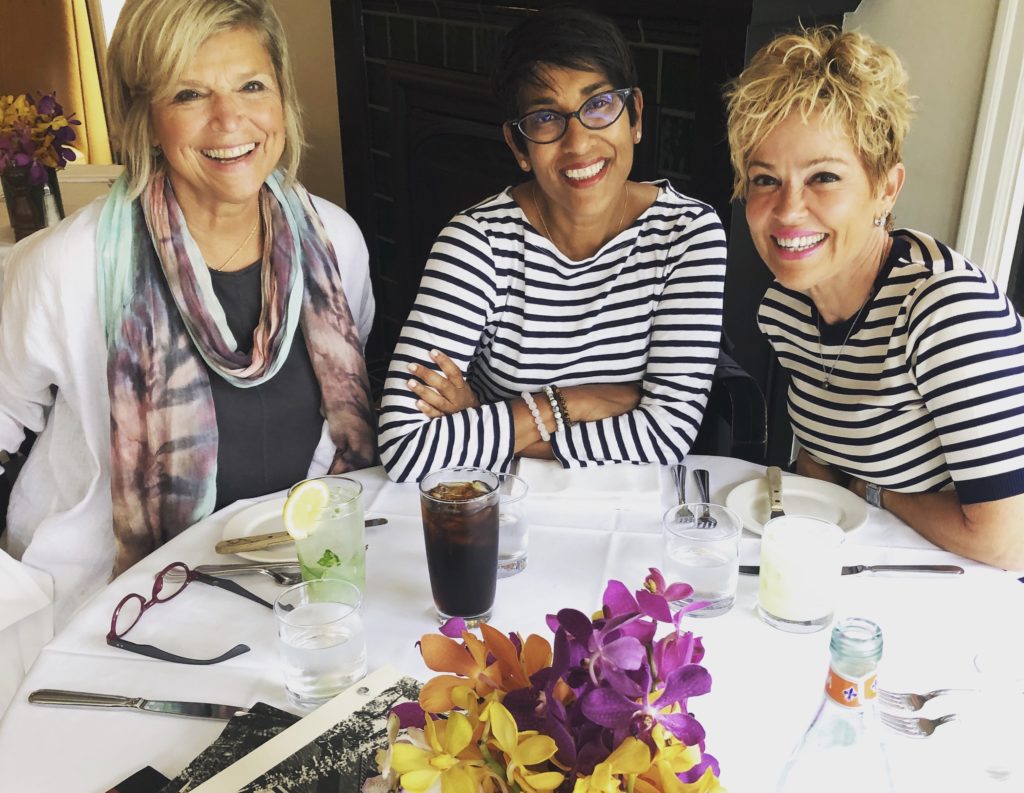
I am in Vancouver, BC, traveling with two dear friends to celebrate my 60th birthday. This is the first of many celebrations commemorating not just my turning the big 6-0 but the culmination of the past few years of busyness and transition. Life’s directives demanded courage, and being the coward that I am, I fought hard and fruitlessly, of course because life always gets it’s way.
I’ve written about those events before so I’m not going into it now; let’s just say it was a remarkable time and I’m glad it’s over.
I guess one of the benefits of living longer is learning you won’t spontaneously combust when life throws you a big ass curve ball, even when you’re certain it’s eminent.
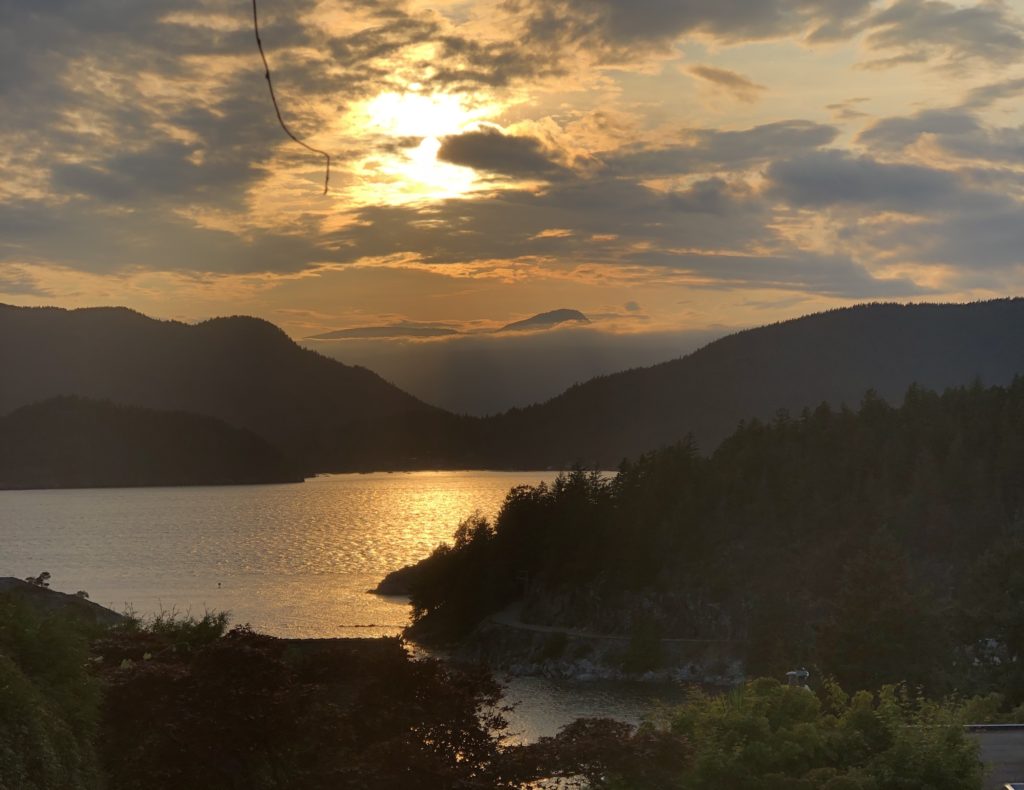
Last evening, overlooking the sound from our Vancouver Island Air BnB, my dear friends Suba (52) and Gail (69), turned our discussion to birthdays, ours in particular, and all the ripe topics that aging conjures.
“Well, I guess it beats the alternative,” I joked, “My dad used to say, ‘No-one gets out of this alive.’”
“Aging definitely has its challenges,” replied Gail, “and I think as women we should be talking about it and helping one another. It’s hard nowadays because I actually have to think about getting out of my bathtub!”
I nodded, “I don’t know if I am getting more mature, or just more tired. I’m definitely more discerning about what I will spend my focus, energy and time on. It’s like yes, yes, no, no, oh, Hell no!”
“That’s so true. I think that is one of the many gifts of getting older,” leave it to Suba to point out the positive side.
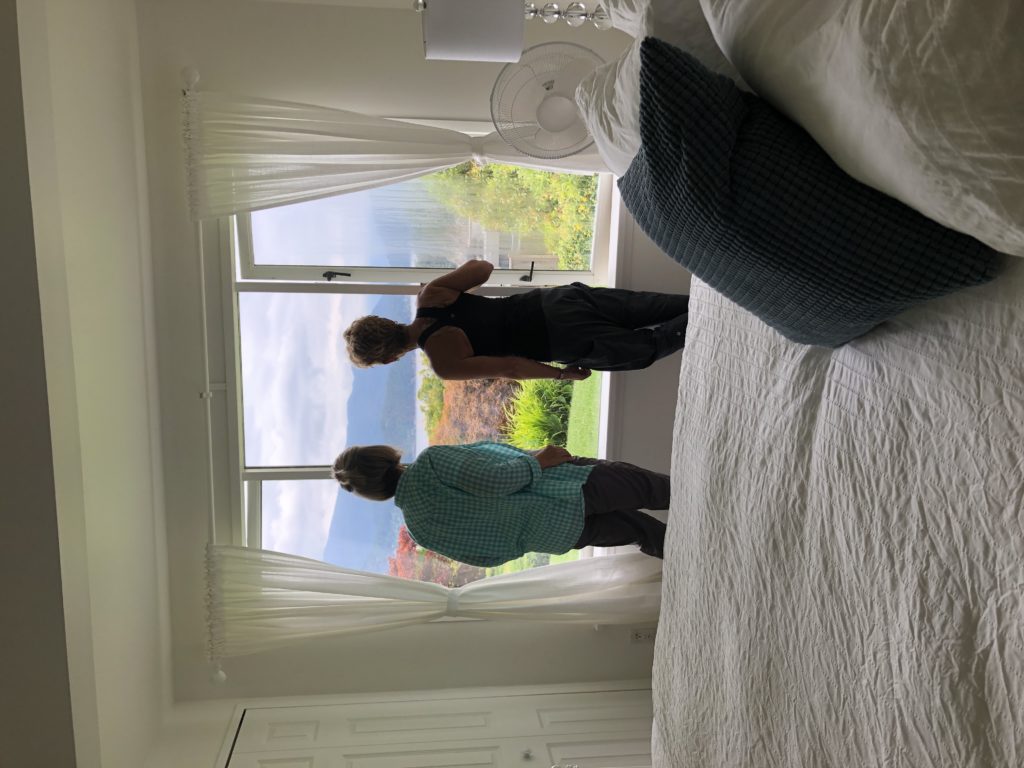
As we watched the sun slip downward over West Vancouver on a Fourth of July evening, we volleyed the topic back and forth, lobbing a “greater wisdom” in response to a “can’t freaking sleep” until we’d developed a list of the hazards (cons) and benefits (pros) of aging.
Here is what we came up with: (and feel free to amend or add your thoughts)
The Hazards
- Growing intolerant or impatient: ie. Grumpy old lady
- Narrowing of interests and activities- resistance to change
- Becoming a know it all
- Self absorption
- Lethargy – an unwillingness to make an effort
- Loneliness and isolation
- Grief and loss of loved ones, friends, and sense of younger self
Then the physical realities:
- Skin laxity, age spots and wrinkles
- Toilet urgency
- Insomnia
- Fatigue
- Reduced strength and stamina
- Weight gain
- Metabolism slows
- Menopause
- Takes longer to recover from set backs
- Brain fog and memory issues
- Medical emergencies
The Benefits
- Wisdom, grace, and expanding consciousness
- Greater Self acceptance and Self compassion
- Greater capacity for forgiveness and compassion for others
- Greater courage and confidence
- Better sense of humor and patience
- Mentorship, leadership, and volunteerism to nurture others
- Greater resilience
- Less concerned with what other people think of them
- Less defined by material possessions and social status
- Greater spiritual depth and connection
- Greater freedom to pursue personal passions
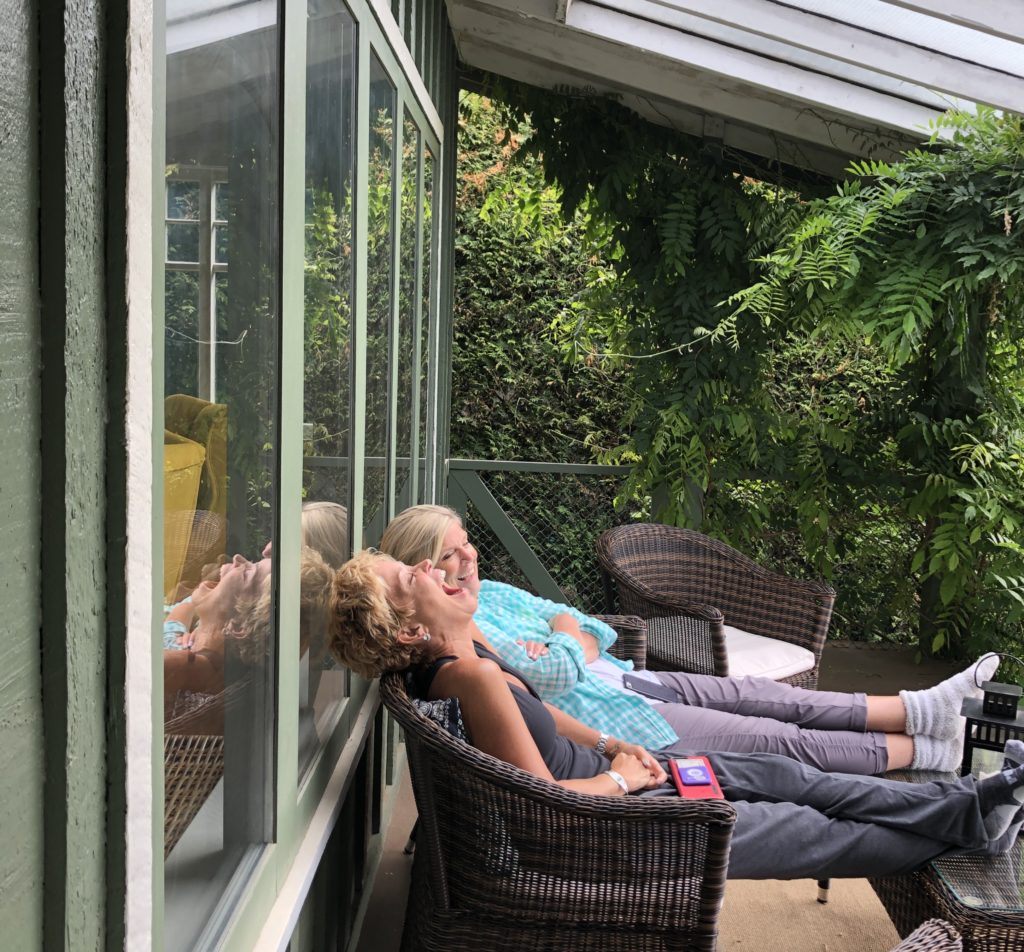
Suba jumped in, “Hey! Don’t forget that we celebrate JOMO!”
(The use of the pronoun ‘we’ did not escape me), “JOMO? What the hell is that?” I asked.
“It’s the opposite of FOMO- the fear of missing out. That’s what you have when you are younger. When you are in constant motion because you fear you’ll miss out on something. It’s the difference between reaction and creation.”
“Oh, I remember that,” I admitted.
“JOMO,” Suba continued, “is the opposite, it’s the JOY of Missing Out. Because you become more discerning with your time and the way you choose to spend it. You don’t care what you’re missing out on because you’re happy to be doing exactly what it is you’re doing.”
“Like being okay to curl up with a good book, your dog, or a few friends on a Friday night instead of going to the club, ” I confirmed.
“Lord, I’ll drink to that,” agreed Gail, raising her wine glass.
“Or maybe, we’re just apathetic ,” I mused.
“Well, then there’s that,” laughed Gail.
“No! No it’s not about that!” Suba insisted, “It’s about choice and shifting our value of time. It’s about realizing how precious our time really is. Therefore, the way we choose to spend it takes on a different value, too.”
“Oh, like my saying, Yes, Yes, No, No and HELL no?”
“Exactly,” smiled Suba.
“AND, maybe we’re ALSO tired,” chuckled Gail.
We all laughed because we’d just got done listing the physical challenges of aging, fatigue being one of them.
“It just gets harder to do things. You kind of have to push yourself,” said Gail. “I notice it’s harder to accomplish the same things that used to be rote. I can see how it would be easy to want to give into inertia.”
“And what about the big skin,” I offered, a term my friend Linda created to describe what happens to your skin as you age. “‘My body is pretty much the same size,’ she explained, ‘but my skin keeps stretching so it’s too big for my body. It doesn’t fit anymore – it just sags.’”
Ah yes. We went on to discuss our insomnia, chin hairs, expanding Meno-pots, (aka: post meno-pause belly fat), hot flashes, brittle bones, dry hair, dry skin and assorted ‘other’ dry parts.
The physical symptoms are an inevitable hazard of birthdays. But, we agreed, while inconvenient, they aren’t insurmountable. The decisions we make about what we eat, how much we move, the sleep we get, and the attitude we embrace towards aging all make a big difference.
We may not have a choice about aging, we agreed, but we do have a choice about how we age.
Just in case we had any doubts about this conclusion, God sent us as a timely reminder in the form of Elizabeth Robertson.
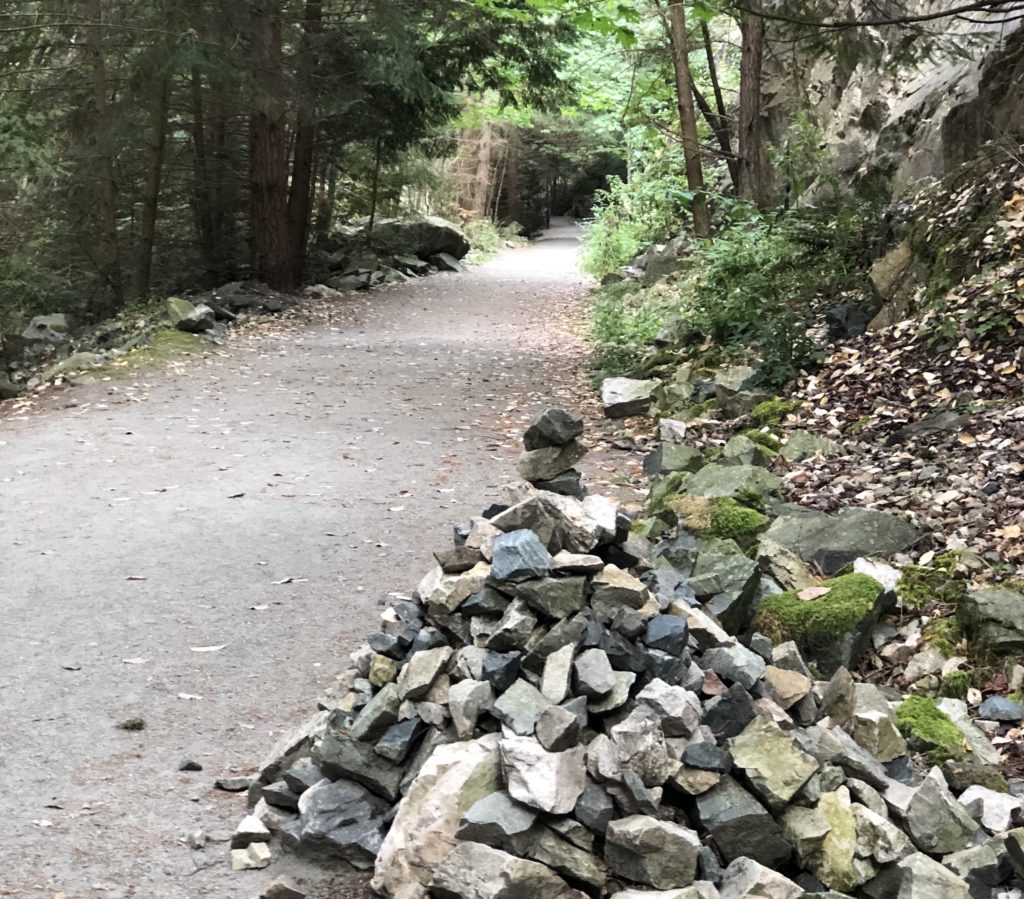
The following morning, exploring our Horse Shoe Bay neighborhood, Gail and I were delighted to discover a dirt trail. Snaking elegantly through the woods, it was a welcome alternative to the narrow shouldered bike path we’d first encountered.
The trail was lovely, offering spectacular views, wild flowers, soft footing, and stunning quiet. We walked a long in peaceful reverence until we got to a fork. Not sure of which direction to take, we asked an older woman who’d been walking in front of us about which way to continue.
“Well, you can go right and take it all the way the Whyte Lake if you want,” as she gave us a slow once over, “It’s about 3.9 kilometers to the turn off and another 2.5 up to the lake,” hands on hips, waiting for our decision.
“Thanks,” I replied, eyeing her worn gray t-shirt and high water walking pants.
“Or,” she offered, seeing we weren’t making a decision, “you can go left and the trail goes up to the street above. And there’s another trail just up the way that takes you down to the street below. That’s my street. My house is just down there,” she pointed. “I walk this trail every day..”
“Which way are you going?” I asked.
“I’m going towards the lake,” and as if to settle it, “ I’ll walk with you.”
Elizabeth Robertson was a talker. And she seemed to know everyone else on that trail, including us.
We learned a lot from Elizabeth on that walk.

We learned that the blackberries growing wild on the trail would soon be soon ripe enough harvest. That she’d return wearing a bucket around her neck to pick the first and best berries. We also learned that it didn’t snow in Horse Shoe Bay because it’s so close to the ocean, that it had been unseasonably dry of late and that she hoped they’d have enough moisture to ski up at Cypress Ski area this Winter. (Apparently it did snow at slightly higher elevations).
“Is this a bike trail, too?” asked Gail.
No, it’s just for people. And dogs,” she harrumphed, “A couple of weeks ago four dogs were off leash, just running wild, and they jumped on an elderly woman,” accentuating the word elderly to imply ‘present company excluded’.
“Poor thing was just standing there, and just got bowled over, flat out, by those crazy jumping dogs. And then here come the owners, a few minutes later, absolutely clueless. Idiots. I think she may have even broken bones!”
Clearly Elizabeth, who we’d learned was 84, did not consider herself vulnerable to the same fate.
“I walk this trail every day. You get out, you to see everybody and except for the dogs, it’s pretty safe,” as she picked up her step, “And it keeps me in shape. Did I tell you I was eighty-four? Look at these!, “ she said proudly pulling up her ankle length pantaloons to reveal her calves of steel.
“Wow, impressive,” we both agreed.
Elizabeth continued, “I went up to Cypress last Winter with a friend to do some downhill (skiing). It had been some time since I’d had that opportunity because my husband was ill and I couldn’t leave him alone like that. But after he passed, I just called up a girlfriend and said, ‘Let’s do it.’”
“And do you know what happened?,” Elizabeth’s tenor and pace picked up as she snickered, her arms flailed about nearly hitting me in the chest, “I got about half way down that mountain and my quads just seized up on me and I went ‘Argh,’ before I just fell down. I couldn’t get up. The ski patrol had to come and put me on a sled and take me on down.”
“Oh no! That wasn’t fun,” commented Gail
“It was just fine because that ski patrol guy was very good looking, “ she said without hesitation. “And now I know to do my 90 degree wall squats to be in better shape next year. I’ve been skiing since I was three years old so I guess I just took it for granted!”
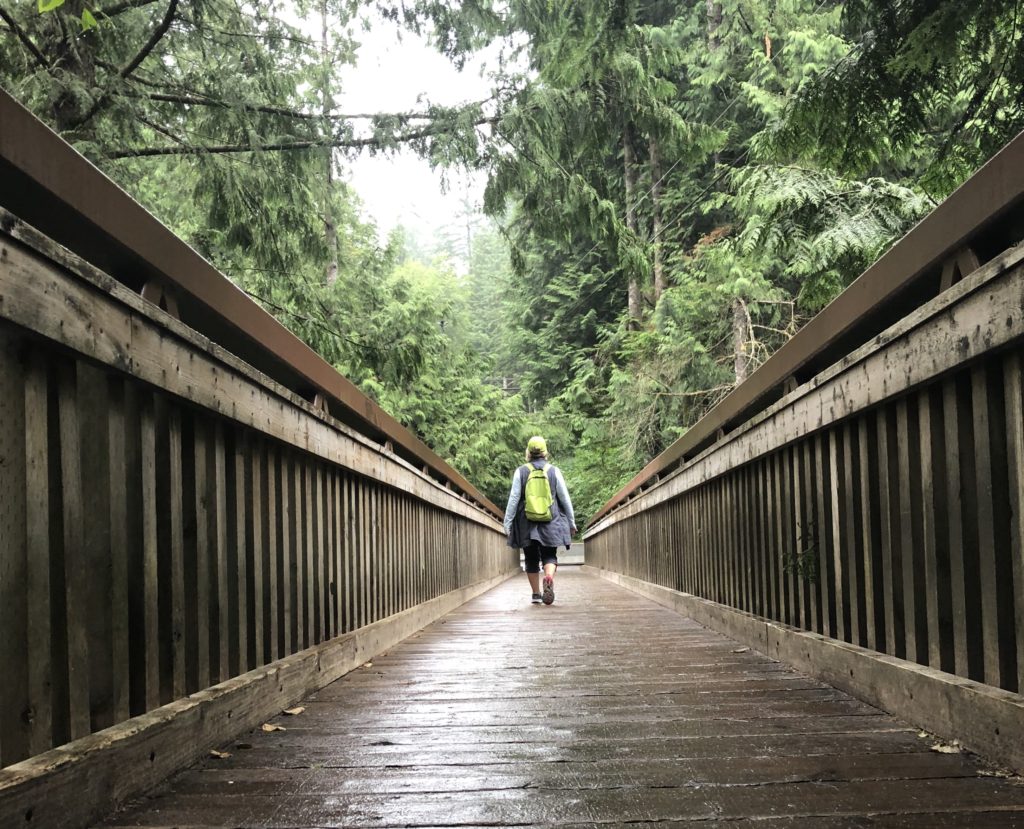
Elizabeth went onto tell us she’d been living in the area most of her life. Originally from the Eastern side of Canada, her father was a physician who was relocated from Newfoundland to Vancouver after the war.
She herself had worked as a nurse, then as a nursing teacher before becoming the director of nursing at the University of Vancouver, BC.
“That must have been interesting,” I offered.
“Well, it was,” Elizabeth said, but explained that nursing students and teachers, unlike other college departments, worked during the Summer break doing internships at the hospital.
“I didn’t like it that I had to work while the rest of the teachers were playing ping pong so I complained about it and eventually we got it worked out. Then I got a group of us together to take that three months off to go to Kathmandu but my superior blew a gasket and said we couldn’t all be gone at once.”
“ ‘You can’t do that, You cannot do that!’ he kept saying to me, over and over, and I just sat there listening.”
“Did you end up going?” I asked,
“Well, I went home that night and wrote him my letter of resignation. I put it on his desk the next morning, booked my trip to Khatmandu and packed my bags.”
“Did your colleagues go, too?”
“Well, no. It’s hard to get people to take three months off, but I did and I’ve never regretted it. I took a lot of treks like that all around the world, adventure truck trips, biking trips, in Africa and Asia and all over Europe. ”
“That’s amazing. How did you decide to go to Kathmandu?,” we asked.
“Well there was a travel department at the University and I went in there and looked at a pamphlet about Kathmandu and that was just it. I went, but you can still book those kinds of trips online! Look it up! You can go!”
She said this with the enthusiasm and authority of any good teacher and I made a mental note of the web address she’d suggested. Her energy was catching.
I looked at her then, a little more closely. Her face was soft, lined, with the faintest hint mustache over the lip. She wore her gray hair short, unceremoniously fashioned like a helmet. Her arms with covered with age spots and her busy hands were uneven and overly knuckled. I marveled at her upright posture, brisk walking pace, and ability to tell a story without pausing; she was quick, astute and funny.
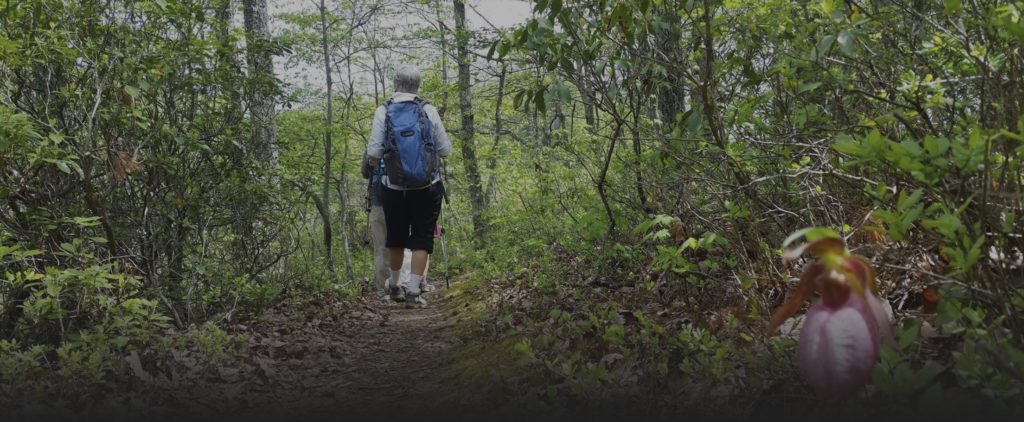
At 84, Elizabeth Robertson may have looked old, but she behaved agelessly. She was clever and energetic and completely full of herself.
When we told her we were tourists who were going “forest bathing” the next day, she snorted, “Forest bathing? What’s that?”
“Well,” we explained. “its when you commune with the energy of nature by walking and meditating in the forest. It’s pretty amazing.”
She looked blankly at us before retorting, rather sarcastically, “Well, you’re in a forest now! There’s a tree- go hug it,” and she guffawed. Then she continued to talked our ears off. I don’t think either Gail or I said more than two words the entire walk. But that was okay because Elizabeth’s presence reminded us the many benefits of aging we’d included on our list.
Elizabeth was without guile, unabashedly herself, unencumbered by fear, doubt or apology. She chose to stay active and engaged, never hesitating to offer her experience through a creative and entertaining stream of consciousness narrative; stories she just assumed others were dying to hear.
She was not timid. She was not shy and she definitely did not use her age as an excuse to withdraw or grow narrow.
“When I get home,” Elizabeth announced, “it will be 4 o’clock. At 4 o’clock I watch the BBC British Kennel Dog show. I watch it every day after my walk. I love it.”
I smiled to myself. There was no FOMO for Elizabeth Robertson. She was clearly enjoying her JOMO years.
As we hugged her goodbye, I felt inspired as well as a little tired. She was, I had to admit, a tad bit exhausting.
But then I thought, I am getting older.
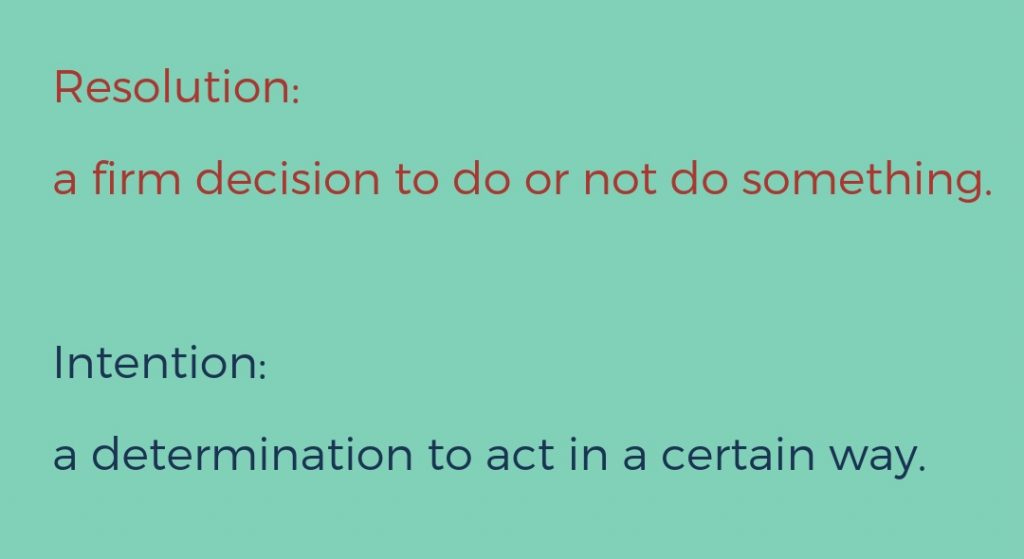
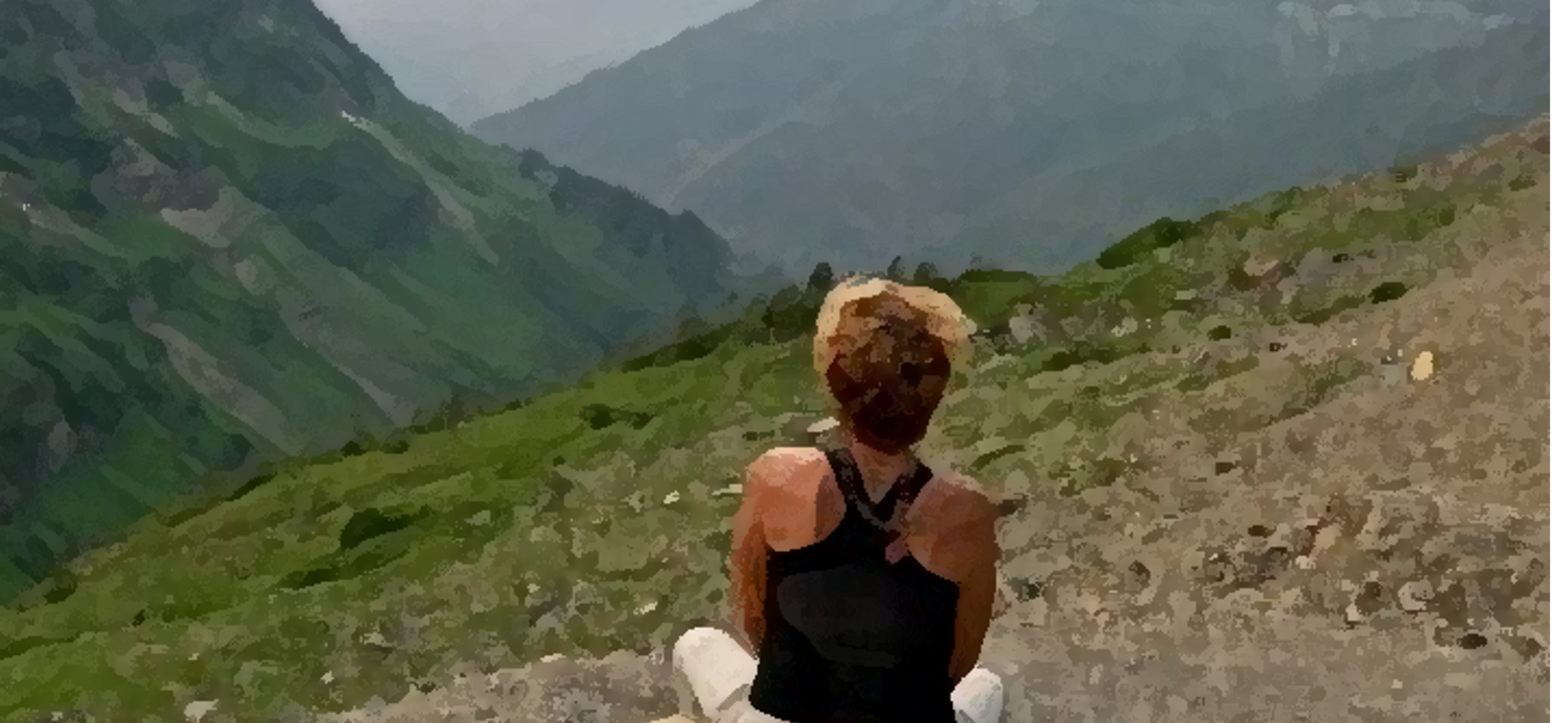
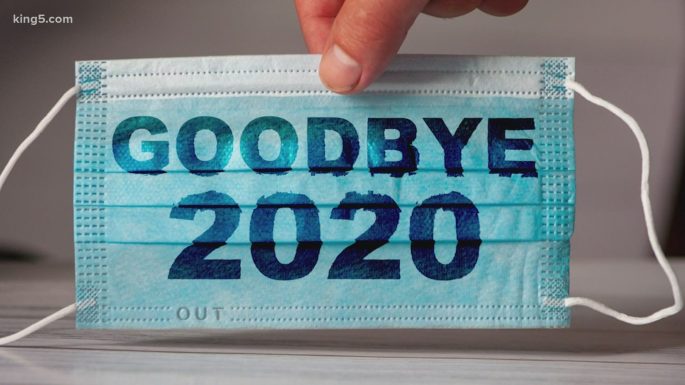
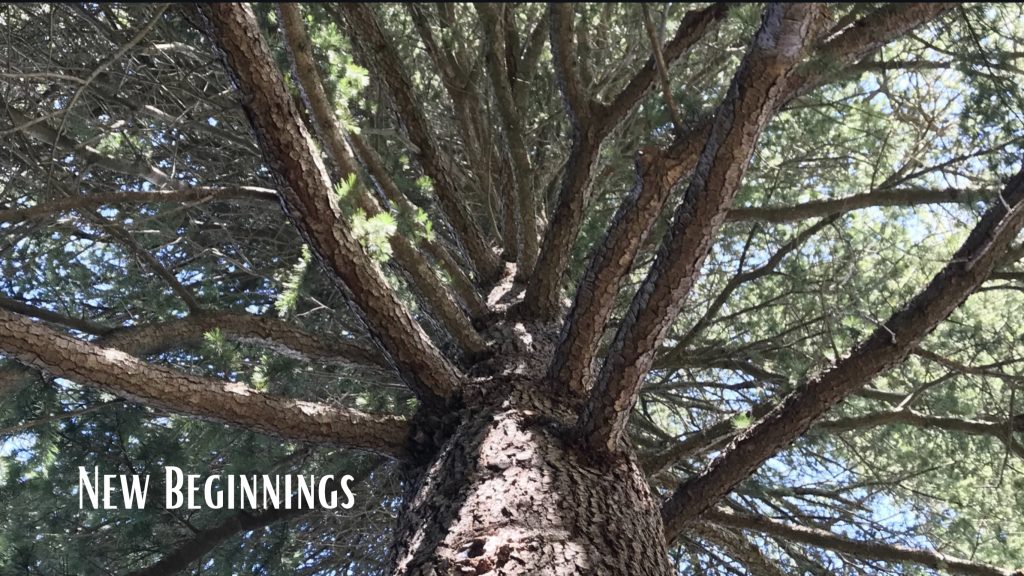
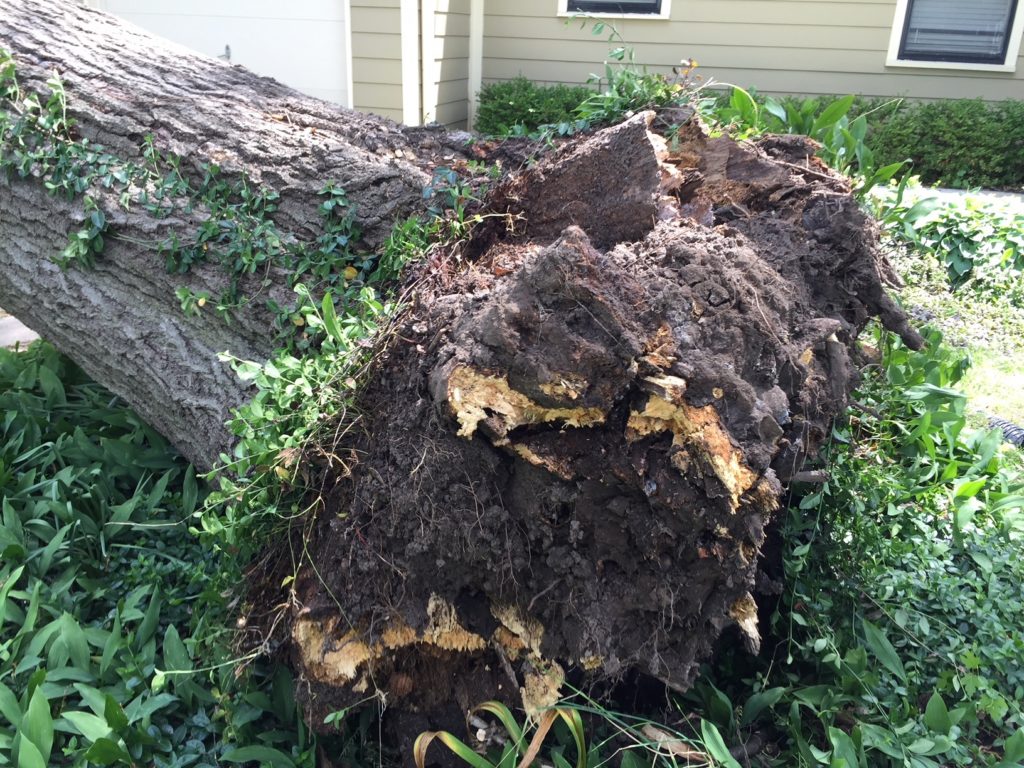
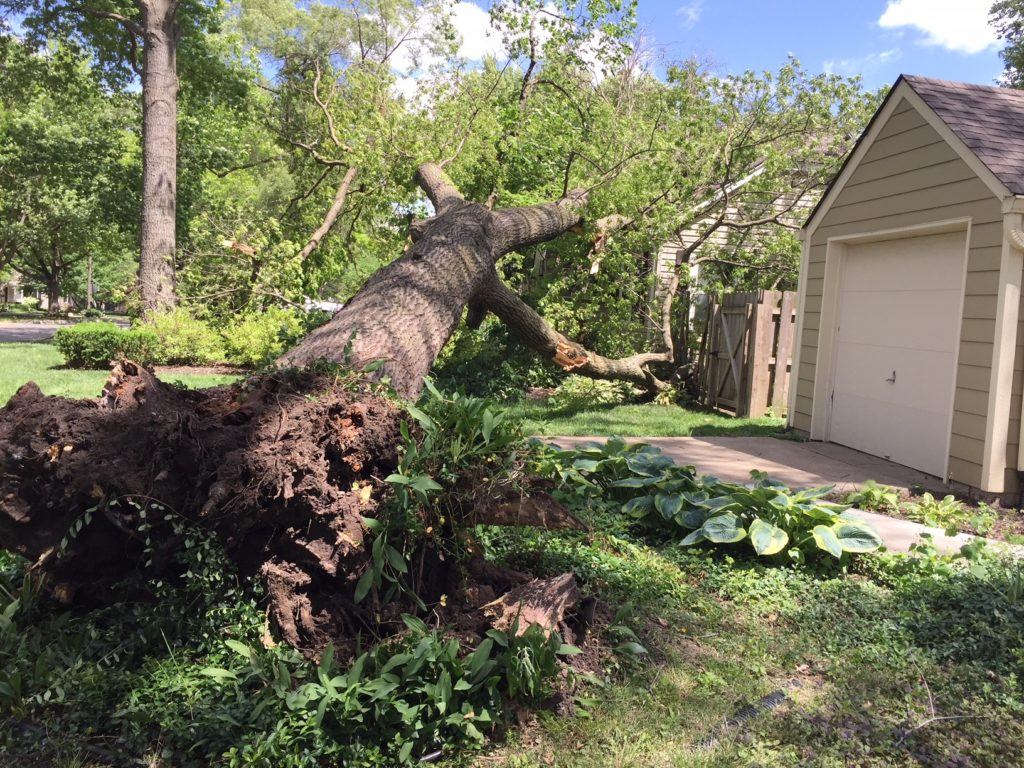
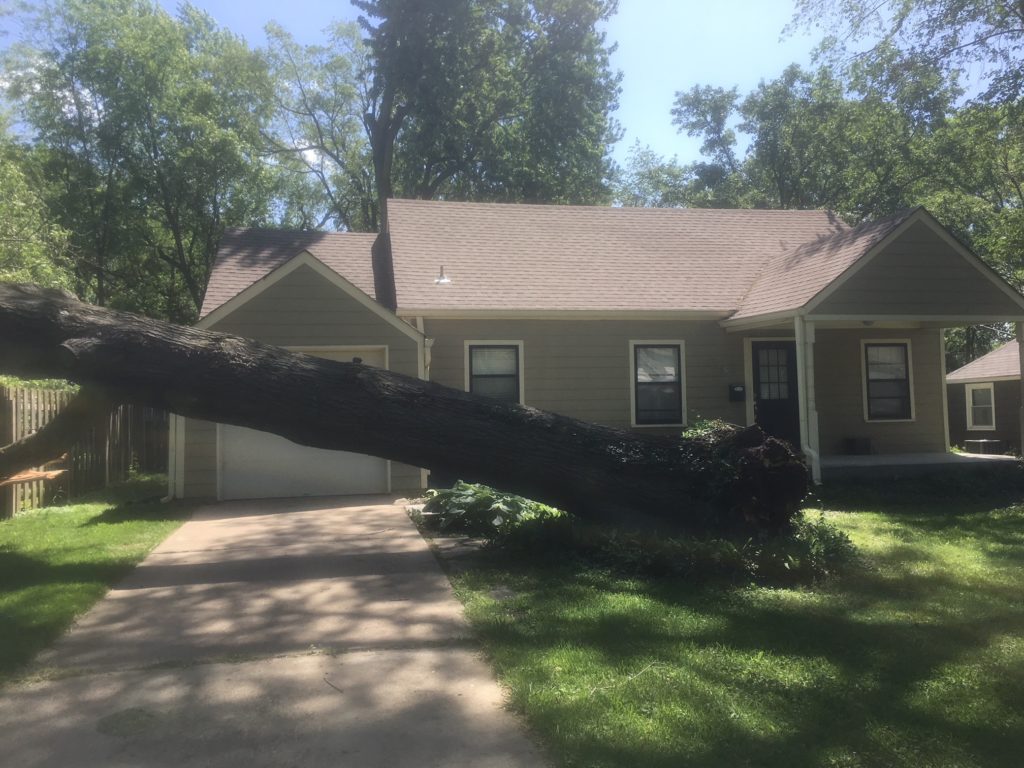

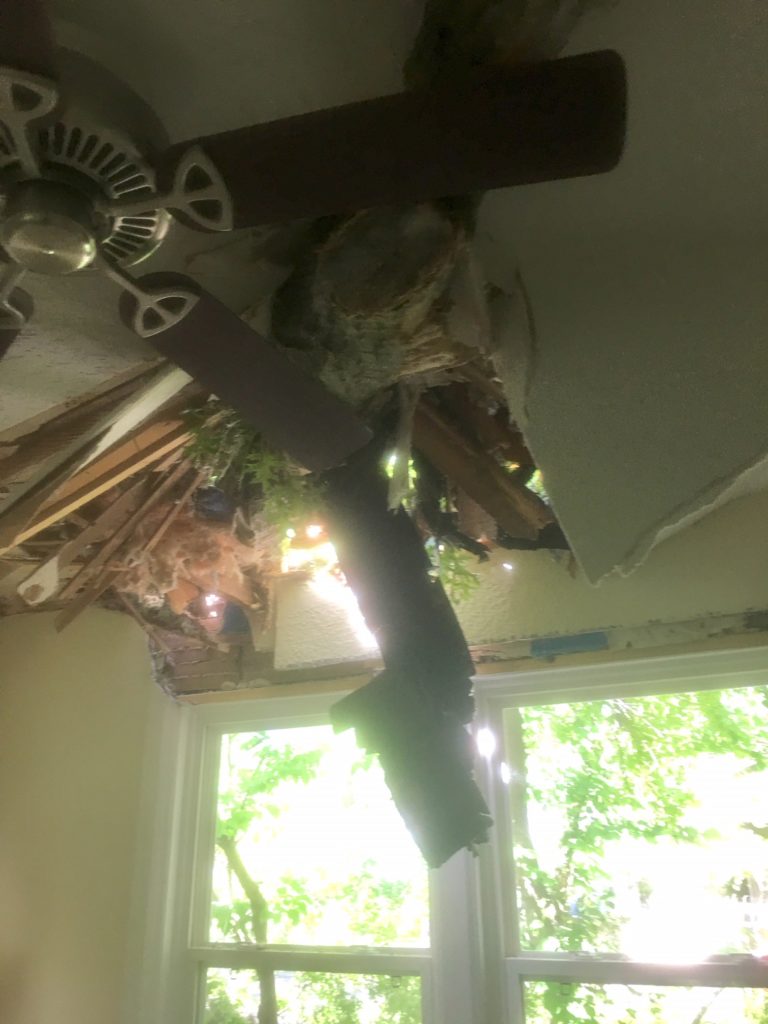
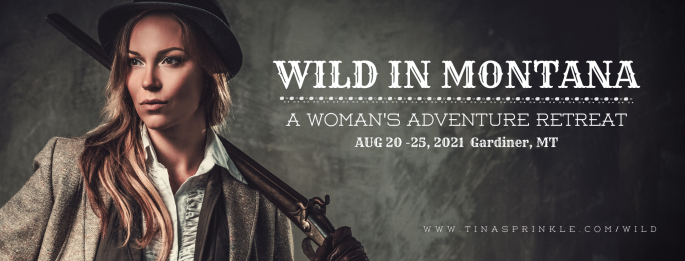
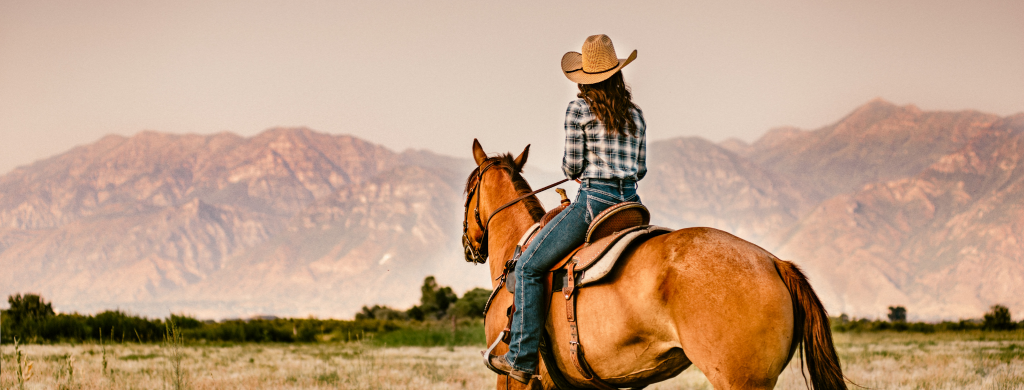
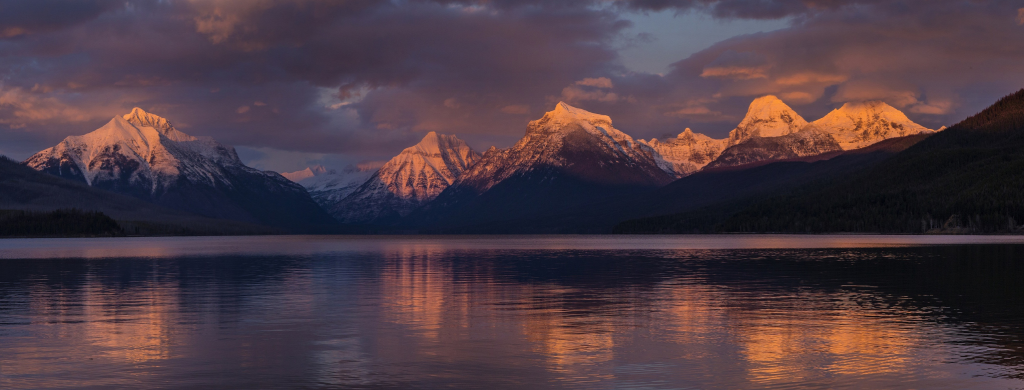

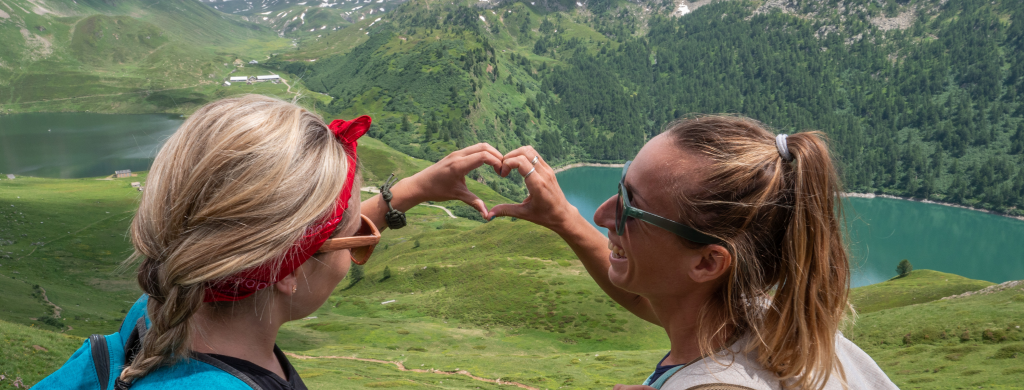
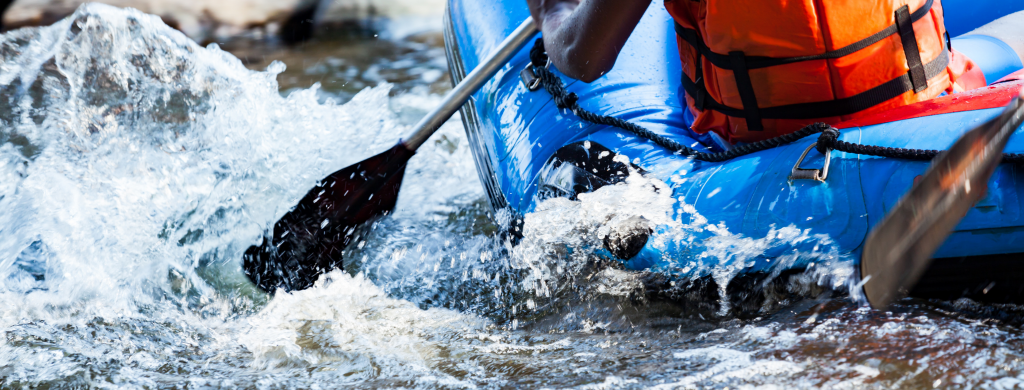

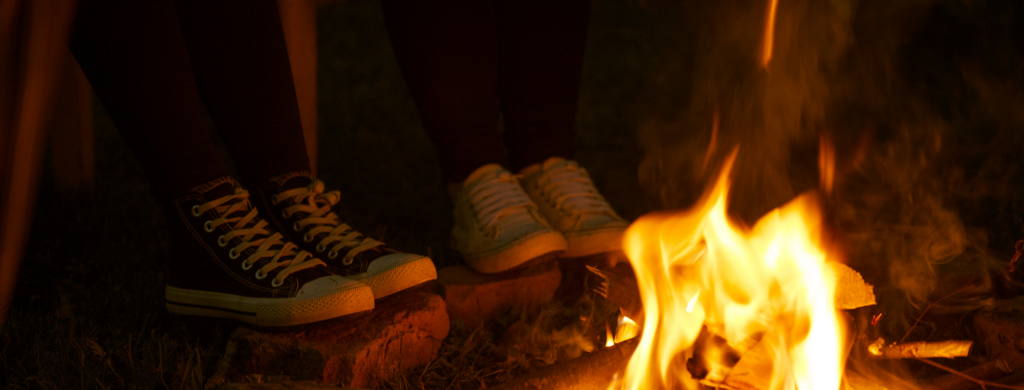
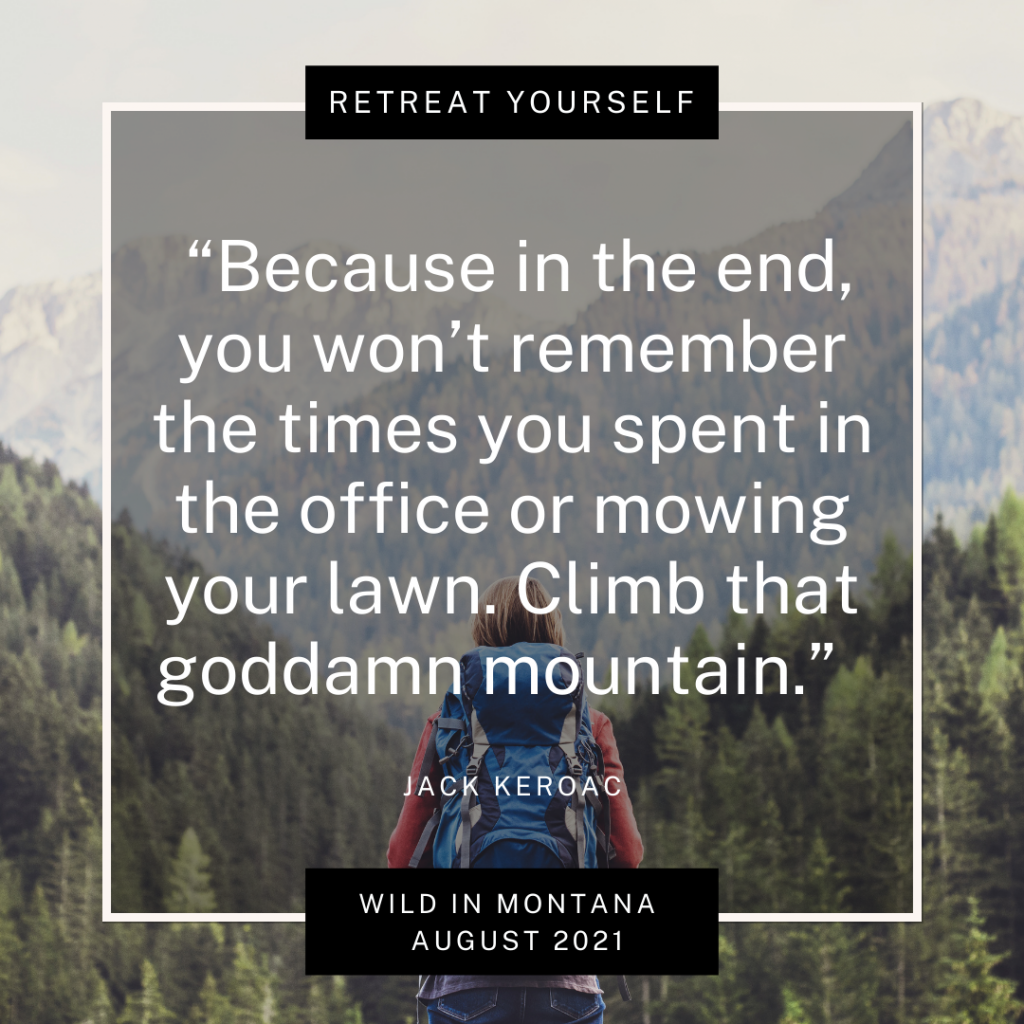
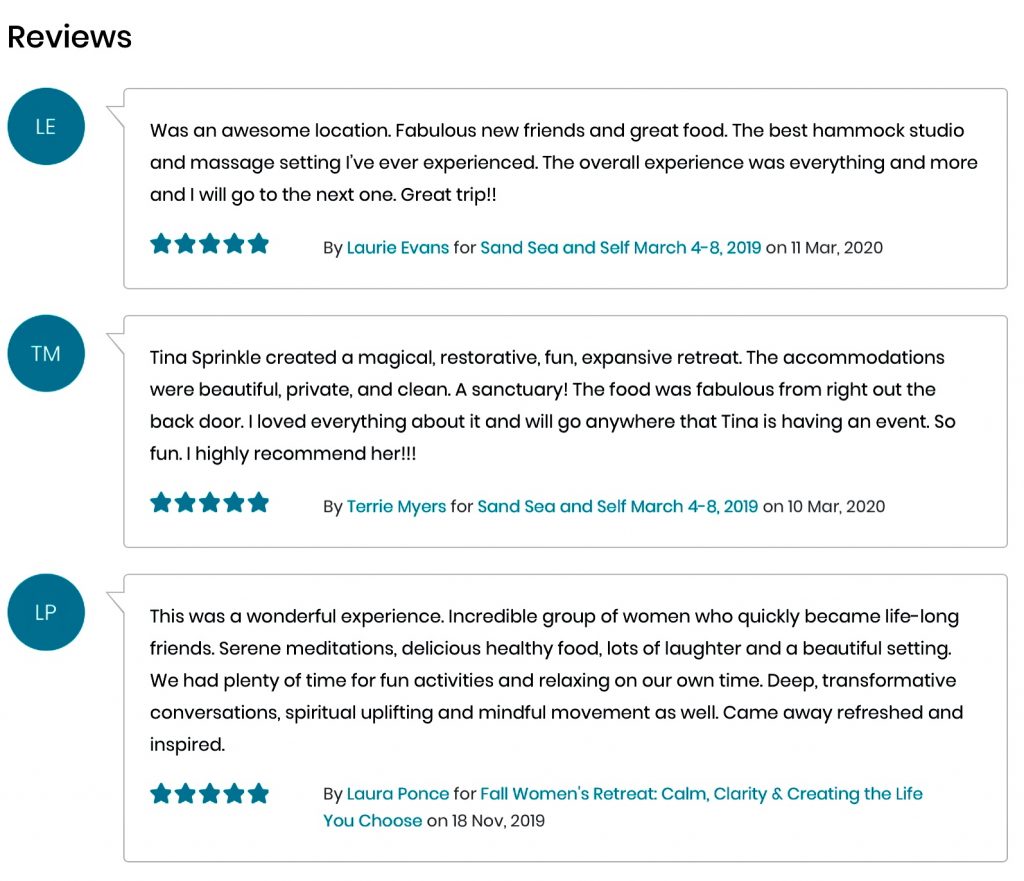
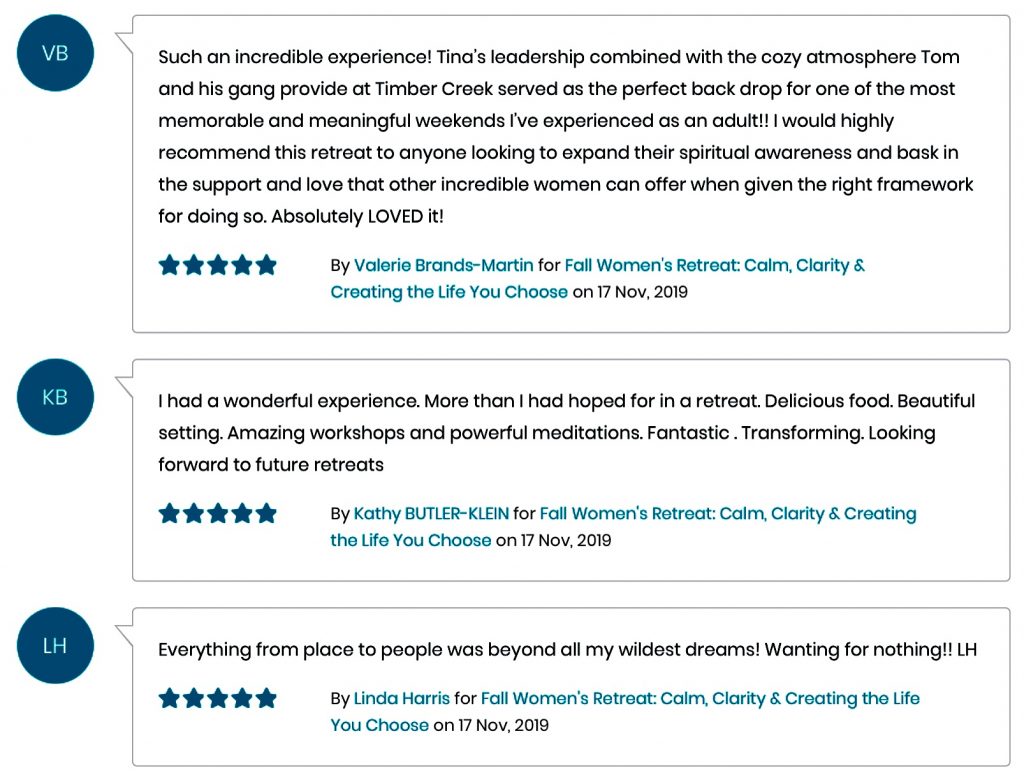
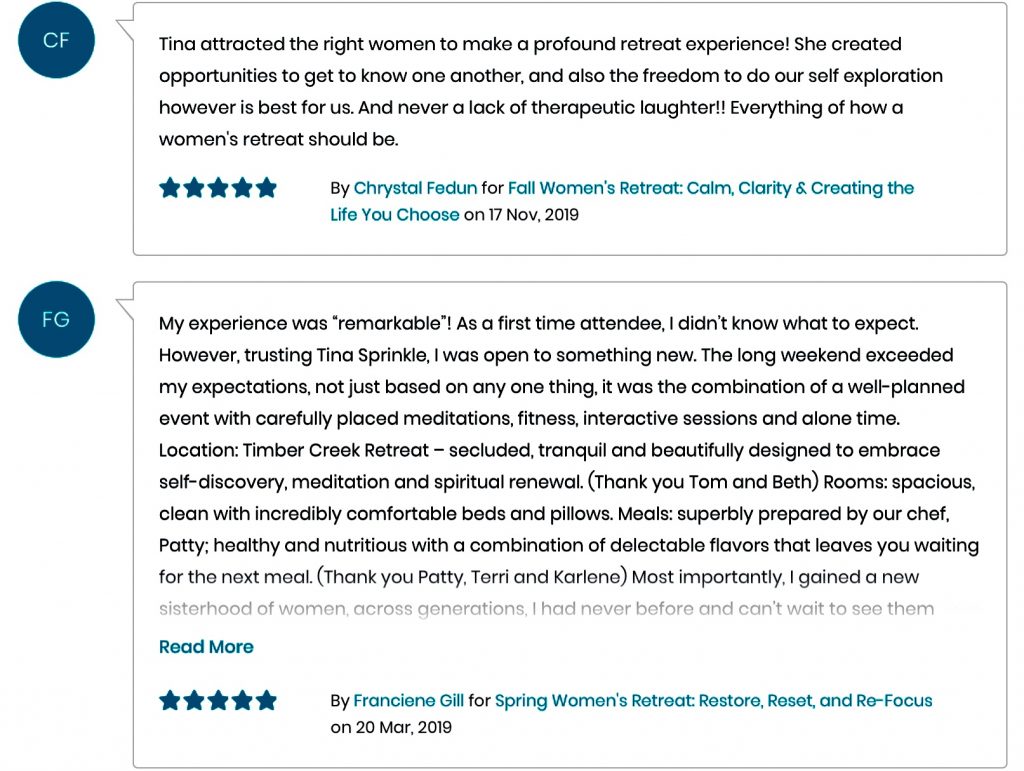
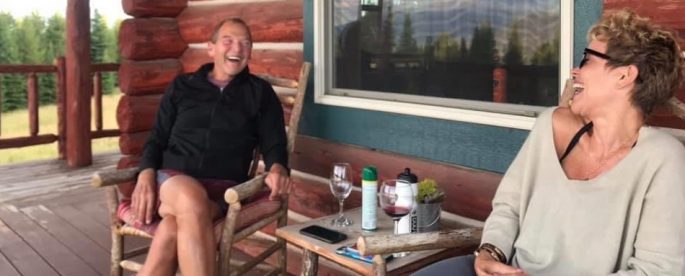
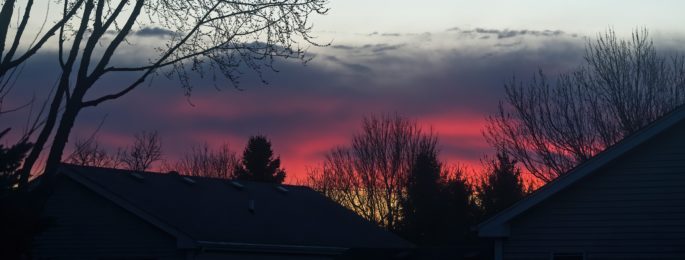
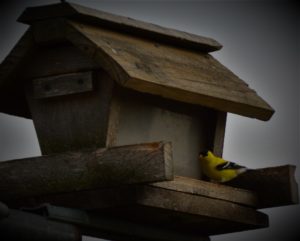 The full moon illuminates a bird resting atop the suet house. Struck by his stillness, I realize I’m holding my breath.
The full moon illuminates a bird resting atop the suet house. Struck by his stillness, I realize I’m holding my breath.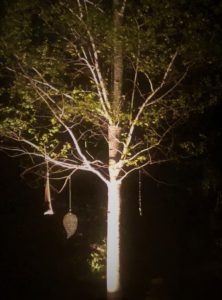 I gaze into my backyard, letting the lesson sink in. I see the figure of a woman I’ve discovered in my Aspen tree.
I gaze into my backyard, letting the lesson sink in. I see the figure of a woman I’ve discovered in my Aspen tree. Ah, the hummingbird, again.
Ah, the hummingbird, again.

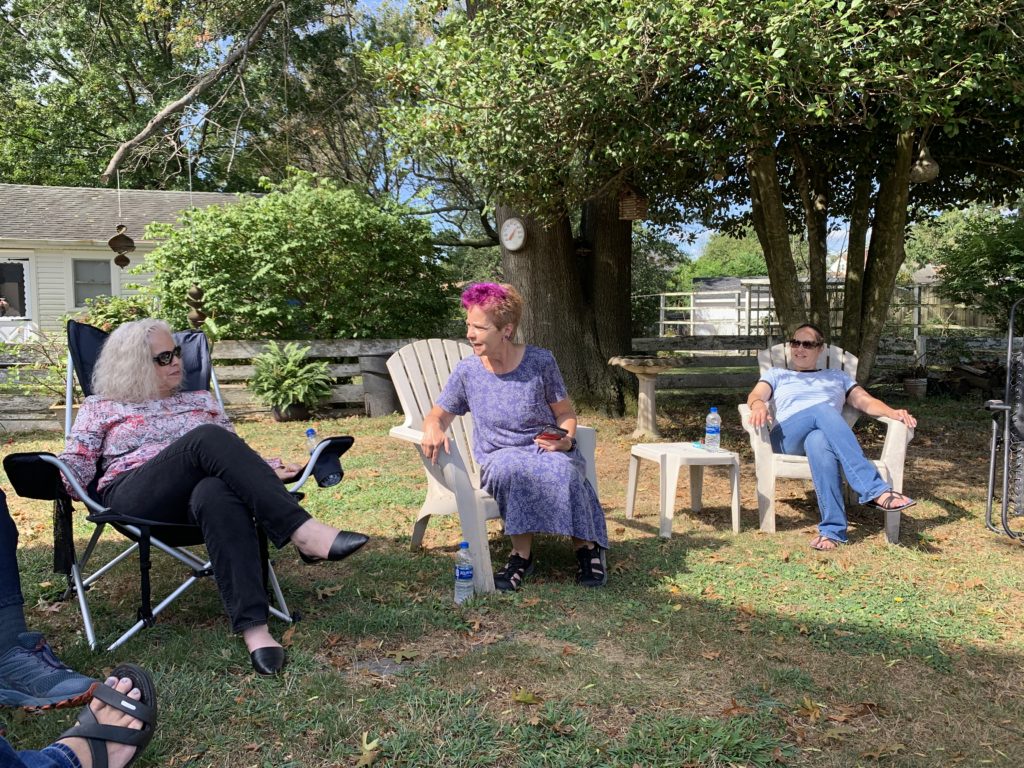
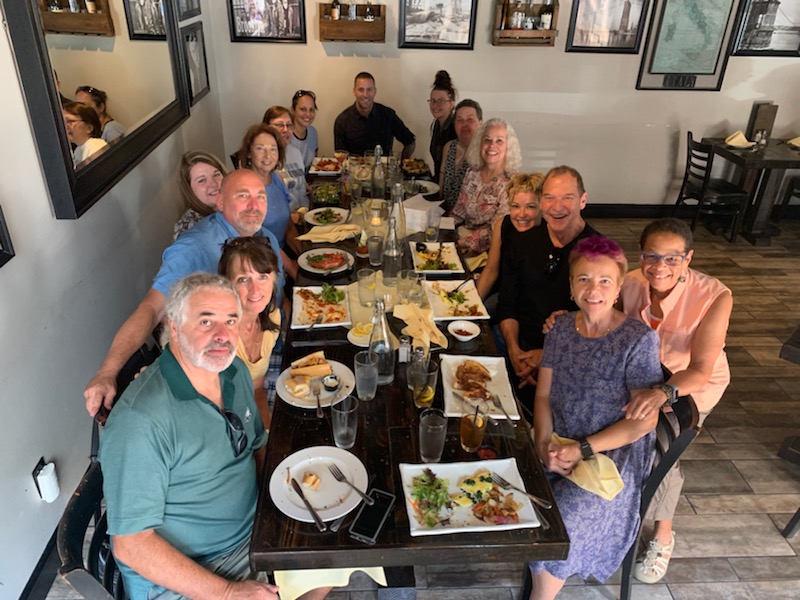
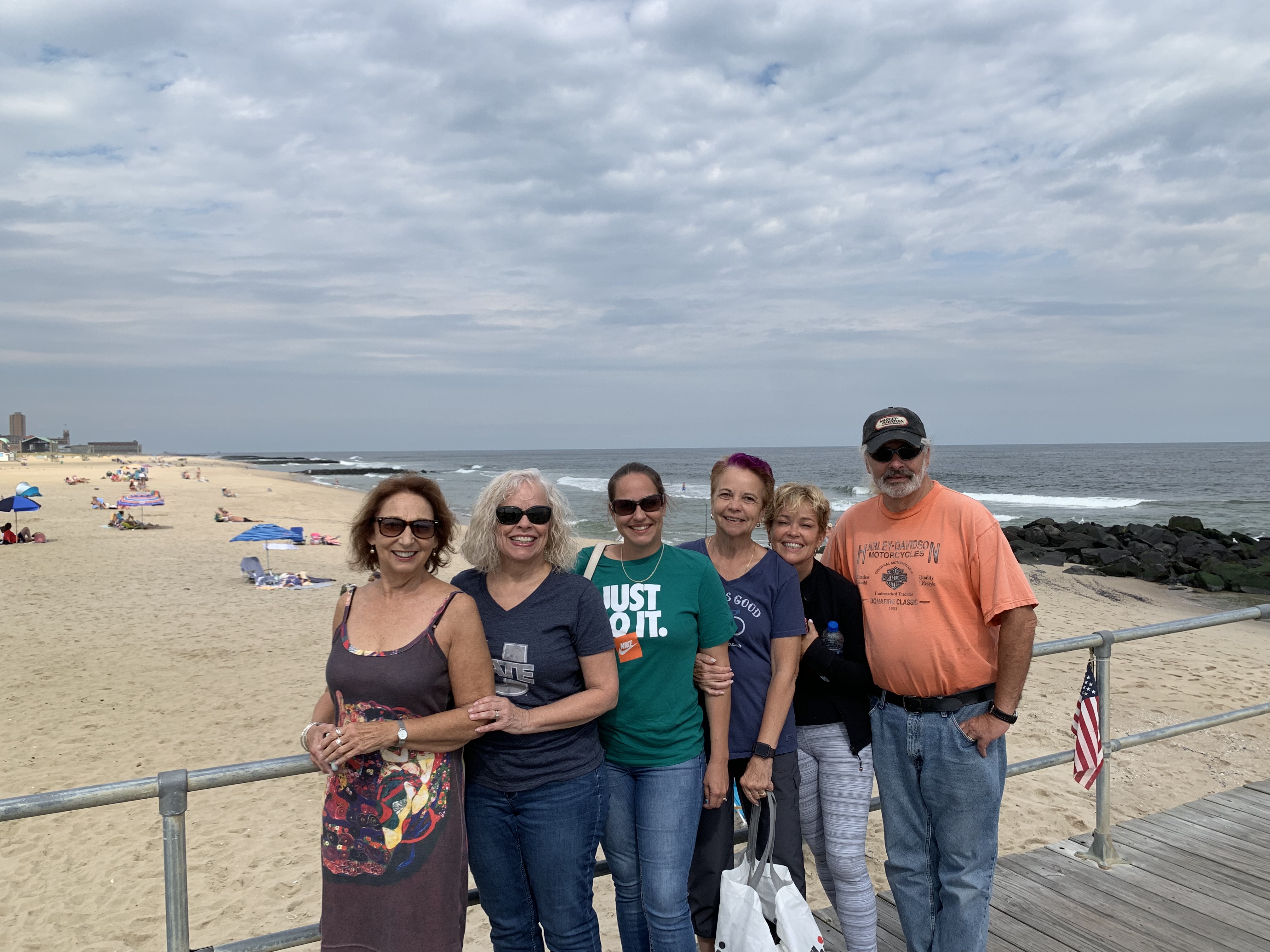
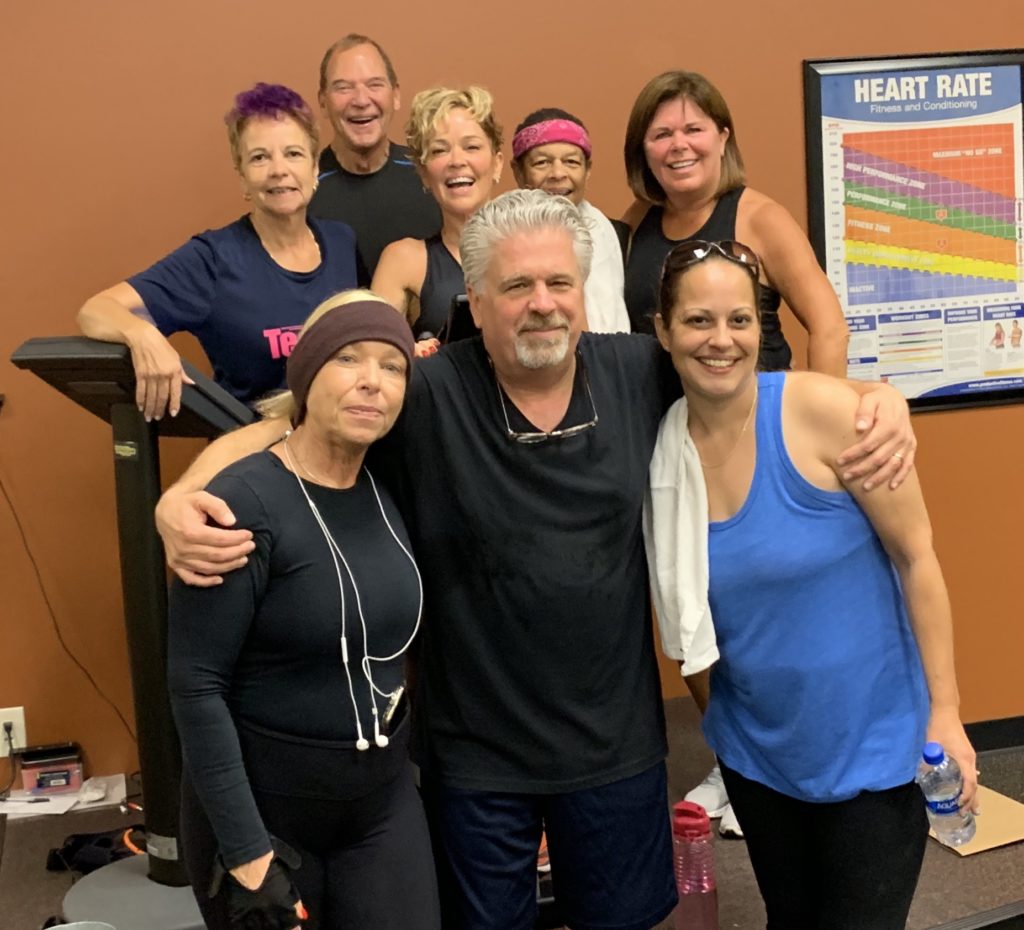
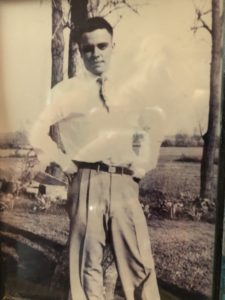
 “That’s just so weird isn’t it?” I said. “Because the one thing we all have in common is him. And look at our hearts! They’re huge! We’re here loving each other and he’s missing out!”
“That’s just so weird isn’t it?” I said. “Because the one thing we all have in common is him. And look at our hearts! They’re huge! We’re here loving each other and he’s missing out!”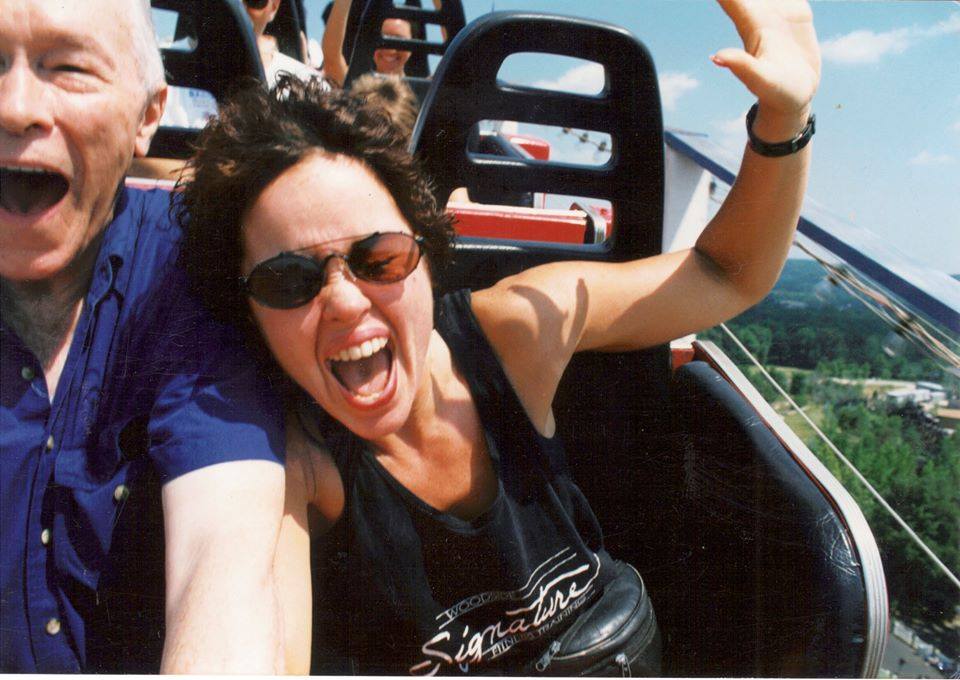
 It took me sixty years to understand that I was adopted, not abandoned. I was loved by parents who did choose us; parents who raised three amazing humans.
It took me sixty years to understand that I was adopted, not abandoned. I was loved by parents who did choose us; parents who raised three amazing humans.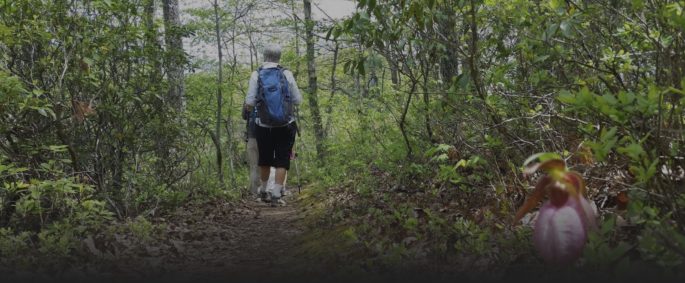








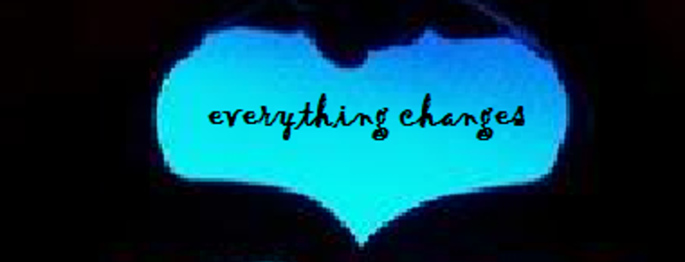
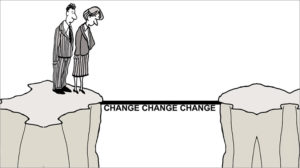

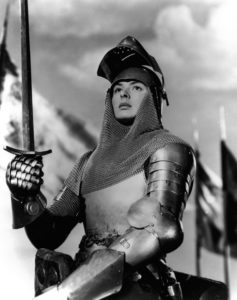
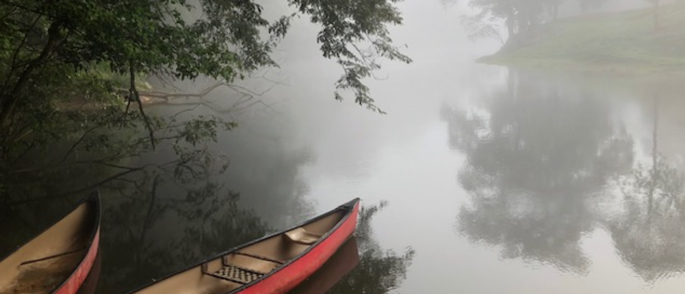
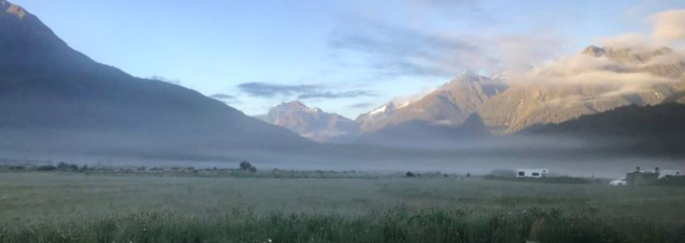
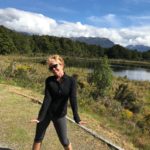 I’m lucky. I know it.
I’m lucky. I know it.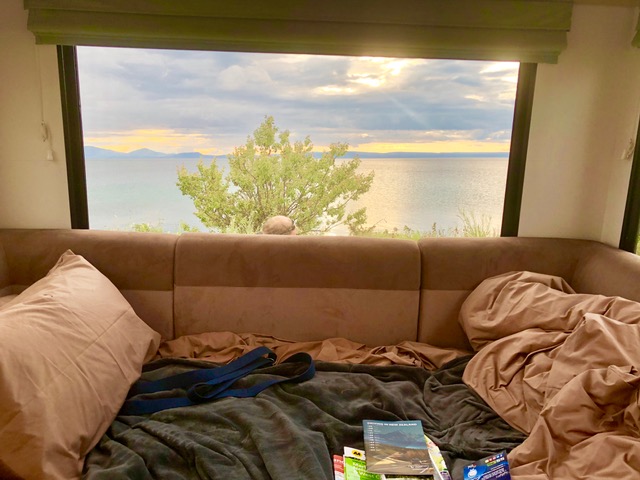
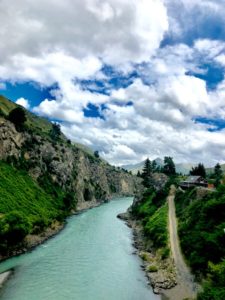 We found our way to the first of many “holiday parks,” quickly establishing a ritual of campground set up and nesting.
We found our way to the first of many “holiday parks,” quickly establishing a ritual of campground set up and nesting.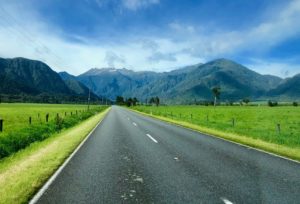
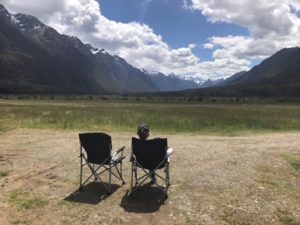
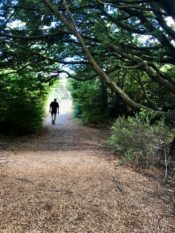 Perhaps it’s that proximity of nature that makes the people in New Zealand so unhurried, polite and happy. For as many tourists as they host each year, they are remarkably generous and caring.
Perhaps it’s that proximity of nature that makes the people in New Zealand so unhurried, polite and happy. For as many tourists as they host each year, they are remarkably generous and caring.